At what temp does brick mortar require an additive?
threeapples
11 years ago
Featured Answer
Sort by:Oldest
Comments (19)
live_wire_oak
11 years agoRelated Professionals
Plum Design-Build Firms · Artondale Home Builders · Homestead Home Builders · Kaysville Home Builders · Superior Home Builders · Amarillo General Contractors · Country Walk General Contractors · Groveton General Contractors · Harvey General Contractors · Millville General Contractors · Monroe General Contractors · Nampa General Contractors · North Lauderdale General Contractors · The Hammocks General Contractors · Toledo General Contractorsthreeapples
11 years agoUser
11 years agoathensmomof3
11 years agothreeapples
11 years agoGreenDesigns
11 years agoUser
11 years agorenovator8
11 years agothreeapples
11 years agothreeapples
11 years agorenovator8
11 years agolive_wire_oak
11 years agothreeapples
11 years agolive_wire_oak
11 years agothreeapples
11 years agoFom Tooley
last yearmillworkman
last yearFom Tooley
last year
Related Stories
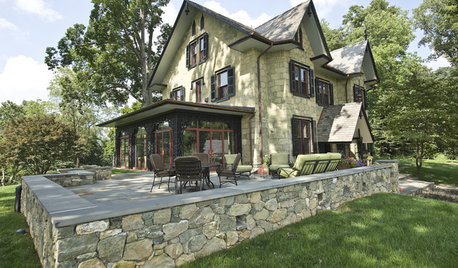
LANDSCAPE DESIGNGarden Walls: Mortared Stone Adds Structure, Style and Permanence
Learn the pros and cons of using wet-laid stone walls in your landscape
Full Story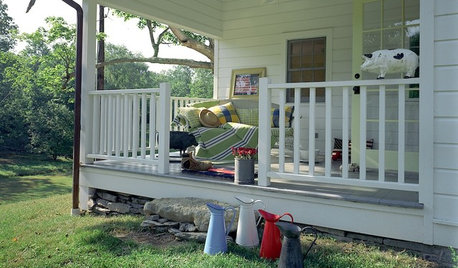
CONTRACTOR TIPSBuilding Permits: 10 Critical Code Requirements for Every Project
In Part 3 of our series examining the building permit process, we highlight 10 code requirements you should never ignore
Full Story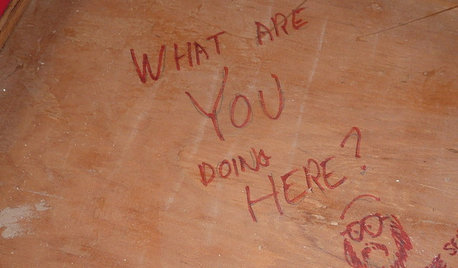
FUN HOUZZDoes Your Home Have a Hidden Message?
If you have ever left or found a message during a construction project, we want to see it!
Full Story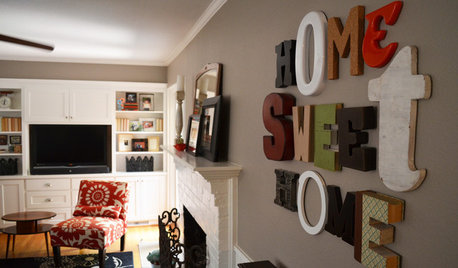
MOST POPULARWhen Does a House Become a Home?
Getting settled can take more than arranging all your stuff. Discover how to make a real connection with where you live
Full Story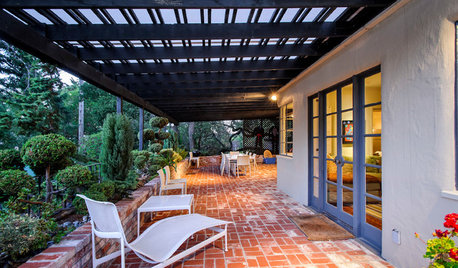
PATIOSLandscape Paving 101: How to Use Brick for Your Path or Patio
Brick paving is classy, timeless and a natural building material. Here are some pros and cons to help you decide if it’s right for your yard
Full Story
DECORATING GUIDESWhat You Need to Know Before Painting Brick
Sure, painted brick can be a great look. But you need to take some risks into account. Here's how to paint brick like a pro
Full Story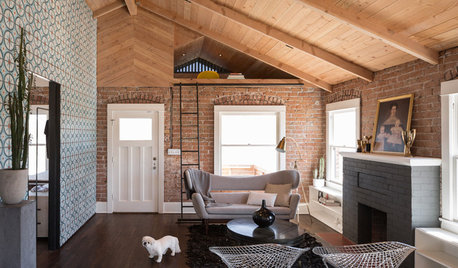
HOUZZ TOURSHouzz Tour: Modern Addition for a Historic Bungalow
A 1927 redbrick home in a downtown historic neighborhood of Phoenix gets a metal-clad modern addition
Full Story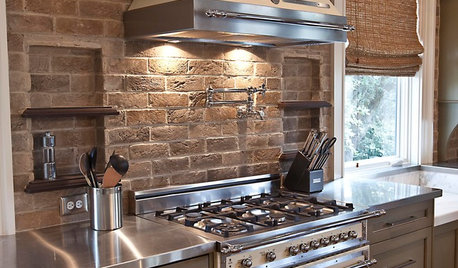
KITCHEN DESIGNYes, You Can Use Brick in the Kitchen
Quell your fears of cooking splashes, cleaning nightmares and dust with these tips from the pros
Full Story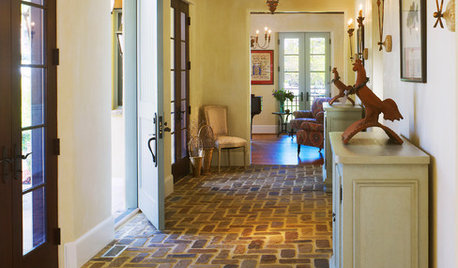
RUSTIC STYLEBrick Floors: Could This Durable Material Work for Your House?
You love the old-world look, but will you like the feel of it underfoot? Learn the pros and cons of interior brick flooring
Full Story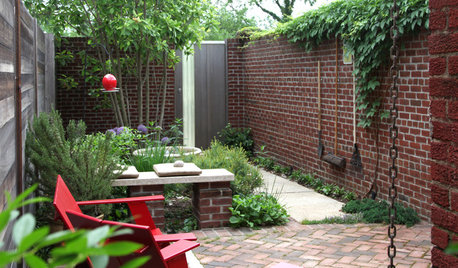
LANDSCAPE DESIGNHow Brick Fits Into Today’s Gardens
Natural brick is often considered a traditional building material. Here’s how people are using it in contemporary gardens too
Full StoryMore Discussions








renovator8